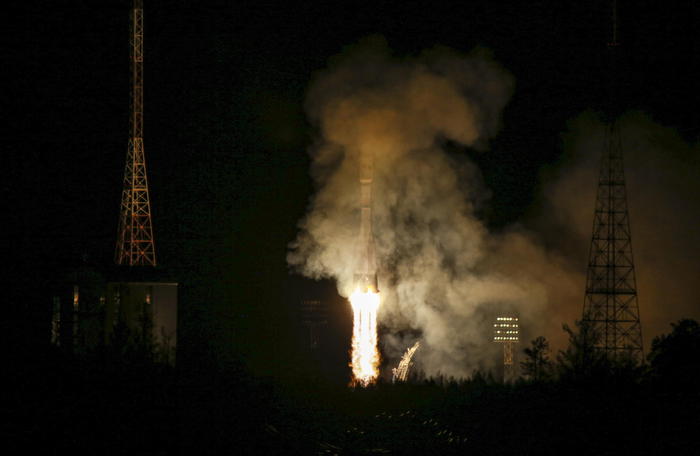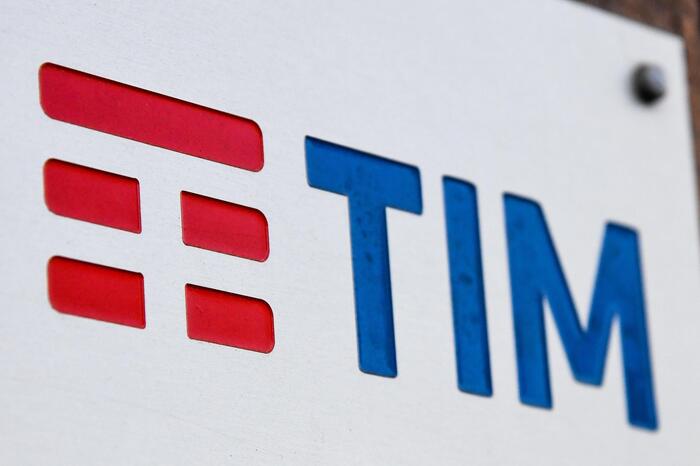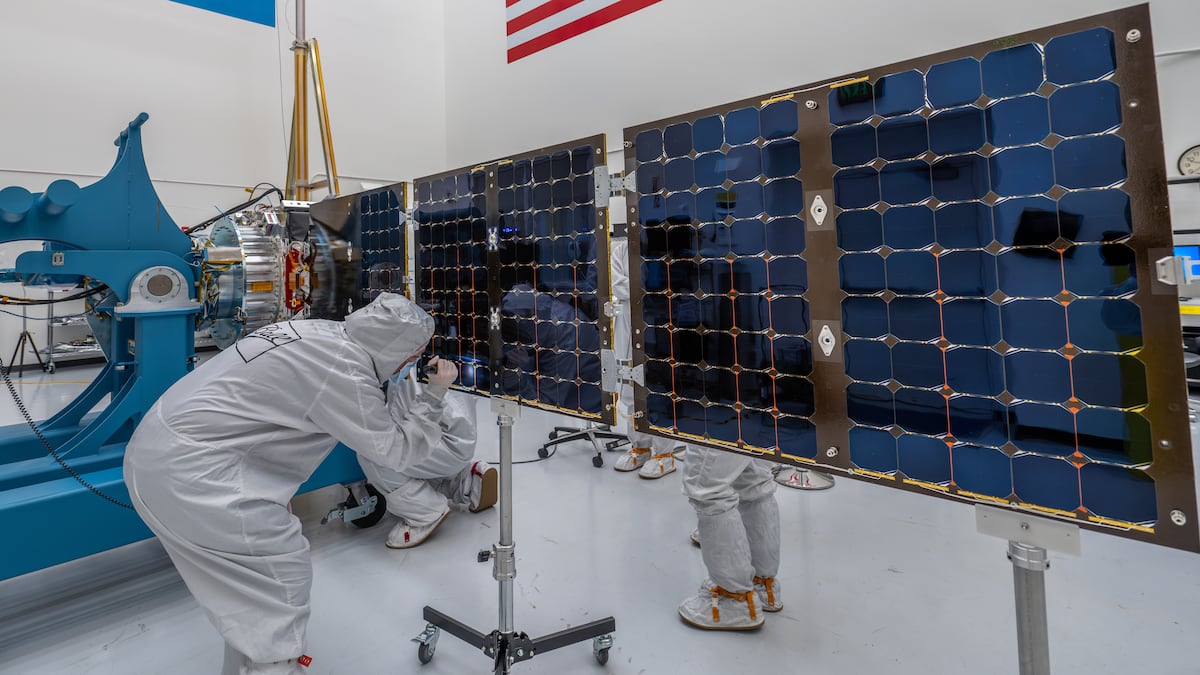The Soyuz rocket, managed by Arianespace, started from the Russian cosmodrome of Vostochny, with another 36 new satellites OneWeb, the Anglo-Indian satellite internet service which is preparing to become operational within the next year.
The launch took place at 11.40 am Italian time and the release of the satellites on different orbits is expected to take over 5 hours.
With the new launch, the awaited satellite internet becomes reality because with the new satellites put into orbit in these hours, the OneWeb constellation rises to more than 300 operational satellites, half of the 648 planned, and is preparing in a few weeks to offer the satellite internet services at least to users located in the regions of the far north of the planet.
Another 100 are planned by February and the goal is to provide global coverage by the end of 2022.
In the meantime, SpaceX's similar Starlink service is already operational, albeit in the beta phase, and the first activations are also recorded in Italy.
The new race will be joined in recent months by new competitors such as Amazon with Project Kuiper, Telesat with satellites made by Thales Alenia Space and Inmarsat with an 'orchestra' of various types of satellites.
The satellite internet sector has rapidly transformed in a few years one of the most attractive markets for the so-called space economy, a race inaugurated by SpaceX with the Starlink service and OneWeb, the company based in England but which produces its satellites in the US and owned by the British government and Indian company Bharti Global.
SpaceX has already in orbit over 1,400 operational satellites and launched the first commercial services even if still in the 'beta' phase for all users who are included between parallels 55 (practically the central belt of the globe) and aims within a few months to achieve global coverage. Different coverage instead for the OneWeb service which will soon be available only for the areas surrounding the North Pole and only in 2022 will it be extended to the entire planet. To complete its constellation OneWeb will need another 8 launches already agreed with the European operator Arianespace but already in the coming months the Anglo-Indian company has announced that it will also make use of Indian launchers, from NewSpace India.
However, the two forerunners have now launched new investors, all of them Amazon with the Kuiper project which is currently working on the construction of the first satellites, a total of over 3,000 that will begin to be put into orbit no earlier than 2022. Among the new the Canadian Telesat, which recently commissioned Thales Alenia Space to build 298 satellites for the broadband constellation called Lightspeed, which will be operational no earlier than 2024, and the British Inmarsat with a service designed to satisfy all types of connection.
Called Orchestra to underline the multiplicity of instruments in the field: a mix of satellites in low orbit, geostationaries and 5G devices on the ground.



/cloudfront-eu-central-1.images.arcpublishing.com/prisa/Q2GFUQLBLVDFDE4G6U6GH2UFJE.png)


/cloudfront-eu-central-1.images.arcpublishing.com/prisa/RIQQXVYJMFETZBCNMM4JS7QSE4.jpg)








